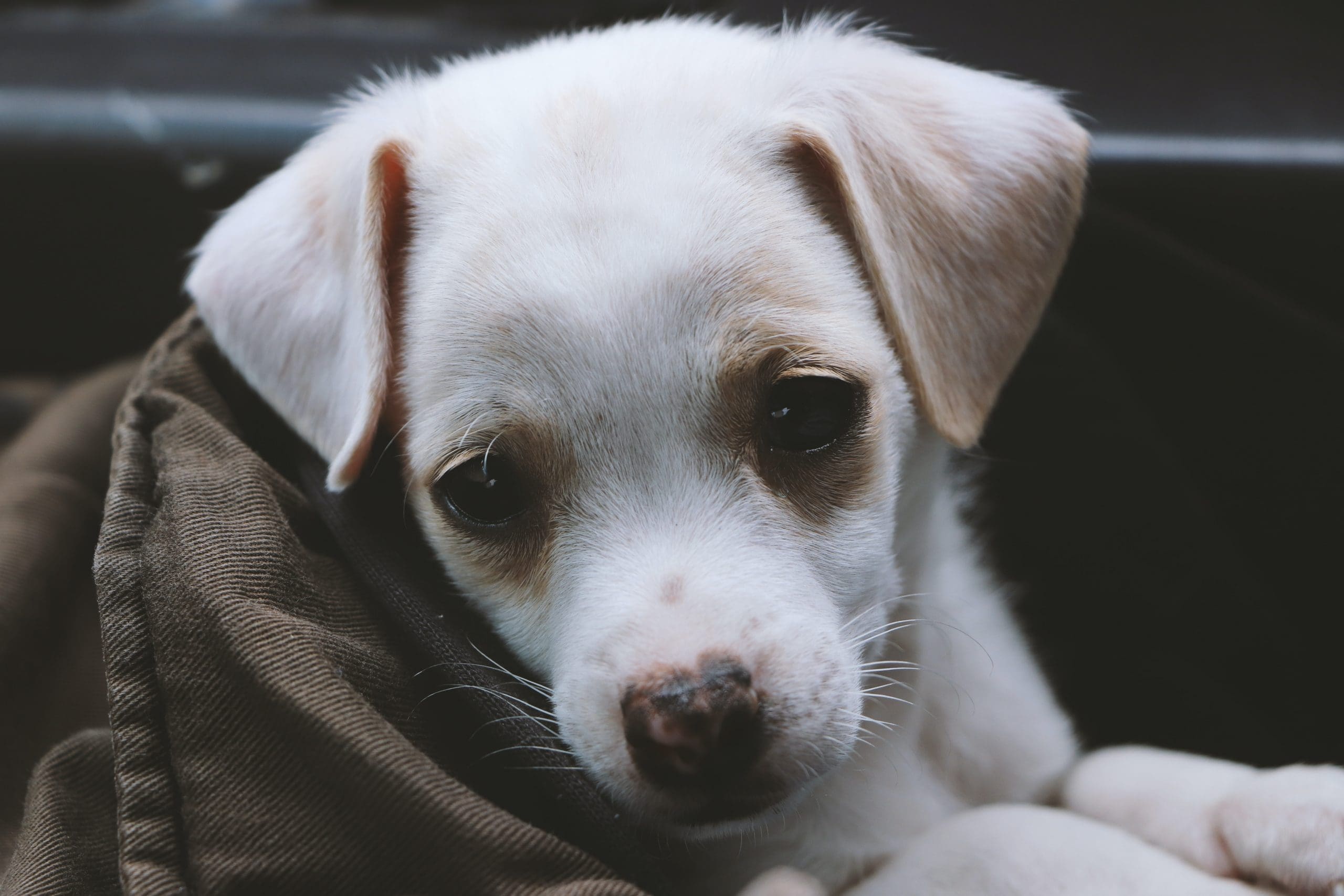Cleaning up dog diarrhea is an unpleasant but necessary task that comes with responsible pet ownership. Dogs may occasionally experience digestive issues, and knowing how to address these situations calmly can significantly benefit both you and your pet. Whether your dog has a temporary upset stomach or a more serious condition, understanding the cleanup process is essential for maintaining a clean home and a comfortable pet.
Stay Calm and Gather Supplies
When you first discover a mess, it’s crucial to remain calm. Dogs are sensitive to our emotions, and reacting with frustration or panic can heighten their anxiety. Take a deep breath and approach the situation with a clear mind. Before beginning the cleanup, gather your supplies: disposable gloves, paper towels, a plastic bag for waste disposal, an enzyme-based cleaner, and possibly some old towels. Having everything within reach will streamline the process.
Protect Yourself First
Before tackling the mess, protect yourself by putting on disposable gloves. This precaution helps avoid direct contact with the mess and prevents the spread of bacteria and parasites. Once you’re gloved up, use paper towels to carefully pick up the solid waste. Gently scoop it up without smearing it further into the surface. If the mess is on a hard floor, this task will be relatively straightforward. However, if it’s on carpet or upholstery, take extra care to blot rather than rub, as rubbing can push the mess deeper into the fibers, complicating cleanup.
Address Stains and Odors
After removing the solid waste, it’s time to tackle any remaining stains and odors. An enzyme-based cleaner is particularly effective, as it breaks down the organic material in the waste, eliminating both stain and smell. Follow the cleaner’s instructions for best results—generally, spray the area generously and let it sit for a few minutes before blotting it up with clean paper towels. Multiple applications may be necessary for complete removal, so patience is key.
Outdoor Cleanup
If the diarrhea incident occurred outdoors, the cleanup process changes slightly. Use a plastic bag to pick up the waste, turning the bag inside out as you gather it to keep your hands clean. After securing the bag, tie it up and dispose of it in an outdoor trash bin. If the mess is on grass, consider pouring some water over the area to dilute any remaining residue, which can help reduce odors and minimize potential harm to your lawn.
Health Considerations
Cleaning up after your dog goes beyond maintaining a tidy home; it’s also about ensuring your pet’s health and safety. Diarrhea can sometimes signal an underlying health issue, especially if it persists. If your dog has diarrhea for more than a day or two, or if you notice other concerning symptoms like vomiting, lethargy, or blood in the stool, consult your veterinarian. They can help determine the underlying cause and suggest appropriate treatment.
Understanding the Cause
Reflecting on what may have caused your dog’s digestive upset is important. Diarrhea can result from various factors, including dietary changes, stress, or infections. If your dog has recently consumed something new or unusual, that could be the culprit. Environmental changes, such as moving or introducing a new pet, may also contribute to stress. Monitoring your dog’s diet and environment can help reduce future incidents.
Regular Veterinary Check-Ups
Routine veterinary visits play a vital role in maintaining your dog’s digestive health. Your veterinarian can provide guidance on proper nutrition and necessary vaccinations to prevent infections that could lead to diarrhea. Discussing any behavioral changes with your vet can help identify stressors in your dog’s life.
Hydration and Diet
Encouraging your dog to stay hydrated is crucial, especially during bouts of diarrhea. Dehydration can be a significant concern, as diarrhea can quickly lead to fluid loss. If you notice signs of dehydration, such as dry gums, lethargy, or sunken eyes, seek veterinary care. When the diarrhea begins to improve, consider offering a bland diet, such as boiled chicken and rice, to help their digestive system recover. Always consult your veterinarian before making any dietary changes to ensure the best approach for your dog.
Evaluating Diet and Lifestyle
Frequent episodes of diarrhea may warrant a reevaluation of your dog’s diet and lifestyle. High-quality dog food tailored to their nutritional needs can significantly impact digestive health. Consulting your veterinarian about the best food options suitable for your dog’s age, size, and health condition is advisable.
Building a Support Network
Dealing with dog diarrhea challenges is common among pet owners. Establishing a support network with fellow dog owners can provide valuable insights and encouragement. Engaging with social media groups, local pet clubs, or community events can help you feel more supported in your journey as a dog owner.
Strengthening the Bond
Every challenge faced with your dog is an opportunity to strengthen your bond. Embracing the responsibilities of pet ownership means being prepared for the unexpected. Knowing how to manage situations like cleaning up dog diarrhea is an integral part of that responsibility. Approaching these moments with care and understanding fosters a happy and healthy environment for both you and your beloved dog.



